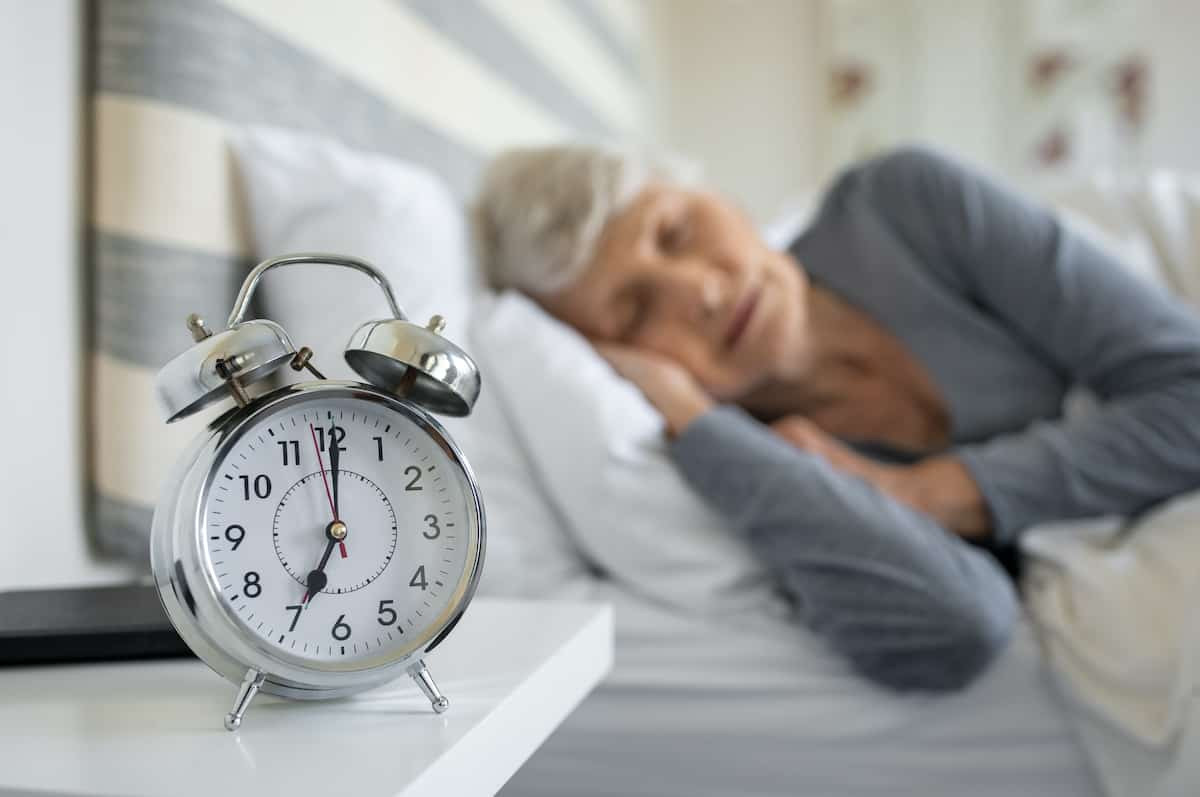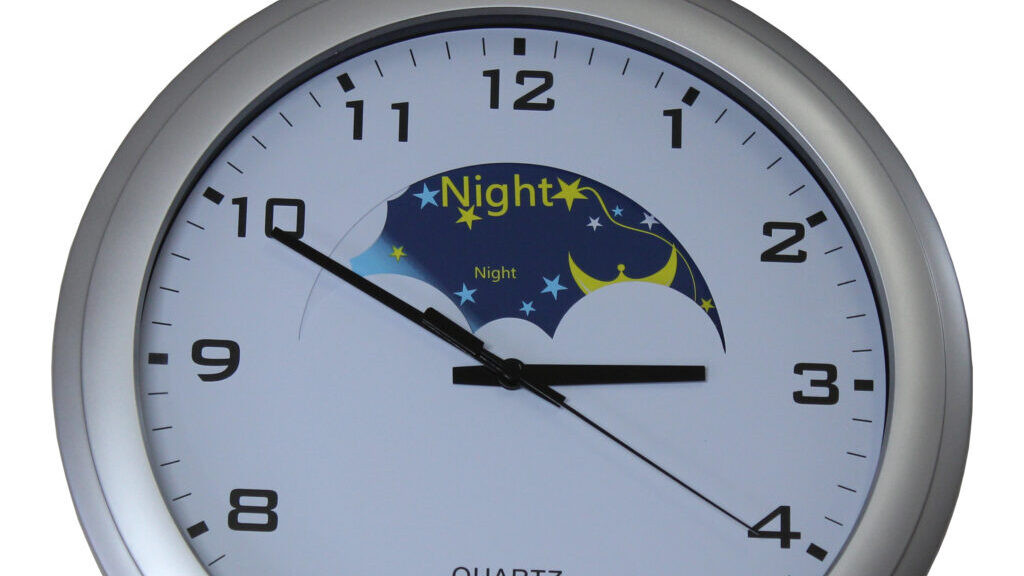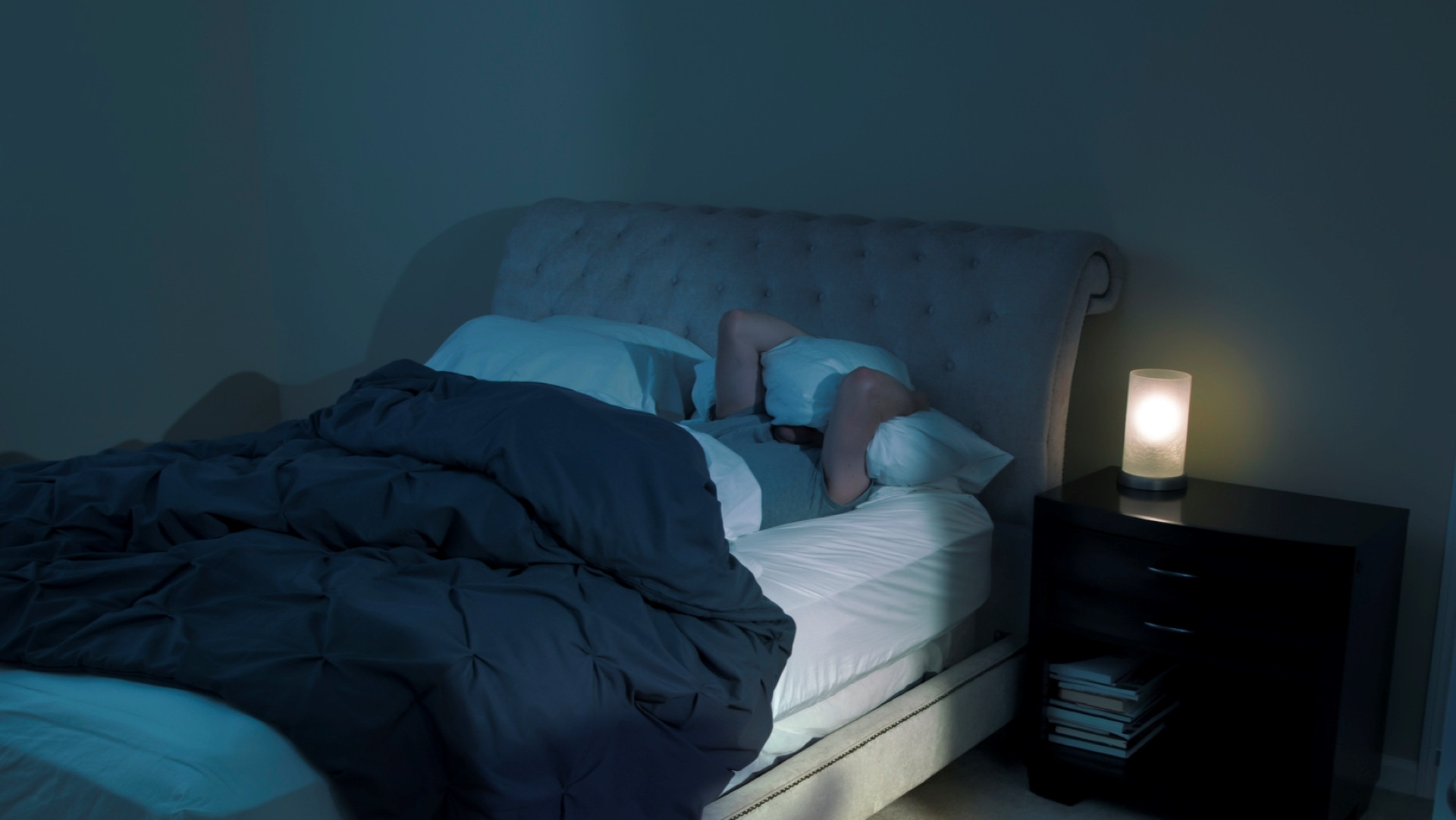One such sign is known as "Sundowning", a behavioural change that occurs in the evening, causing increased agitation and anxiety in some people with dementia. This phenomenon may be more pronounced after the clock change, as the earlier darkness could exacerbate symptoms.
According to Dementia UK experts, "Sundowning has several causes. As the day goes on, the person with dementia becomes more tired, and this can lead to their dementia symptoms worsening."
"Hunger, thirst and physical pain can also play a part. As darkness falls and people settle in for an evening, these changes can make someone with dementia concerned that they are in the wrong place or have forgotten to do something important during the day."
Sundowning: A Closer Look
Sundowning, a common phenomenon among those with dementia, is characterized by increased agitation, confusion, and restlessness that occurs in the evening hours. As the day progresses and darkness sets in, individuals with dementia might experience a heightened sense of anxiety, leading to a range of behaviors.
Recognizing the Signs
- Increased agitation and restlessness: This might manifest as pacing, wandering, or repetitive actions.
- Disorientation and confusion: Individuals might experience difficulty remembering where they are or become confused about the time of day.
- Delusions or hallucinations: These are less common but could include seeing or hearing things that aren't there.
What to Do When Sundowning Happens
- Stay calm and reassuring: A calm and reassuring demeanor can help reduce the person's anxiety.
- Distract and redirect: Offer a calming activity or a change of scenery to distract them from the agitation.
- Identify and address any underlying needs: Hunger, thirst, or pain could contribute to sundowning.
Preventing Sundowning
While sundowning can be challenging, there are steps you can take to minimize its impact:
- Maintain a consistent daily routine: This includes regular meal times, sleep schedules, and activities. Consistency helps provide structure and reduce confusion.
- Ensure adequate lighting: Well-lit environments throughout the day can reduce disorientation and anxiety.
- Avoid stimulants in the evening: Limit caffeine and alcohol, as these can disrupt sleep patterns and worsen sundowning.
The Clock Change and Dementia: Beyond Sundowning
While sundowning may be more pronounced after the clock change, it's not the only concern.
A leading dementia charity, the Alzheimer's Society, is raising awareness about the wider impact of the clocks going back. The change can lead to confusion and disorientation in people with dementia, as their internal clocks become disrupted. The charity's Head of Knowledge and Learning, Dr. Tim Beanland, advises: "While it can be a minor nuisance for the majority of people, for people living with dementia it can trigger anxiety, confusion and irritability."
Helping Those With Dementia Adjust
Here are some tips from the Alzheimer's Society to help people with dementia cope with the clock change:
- Maintain a regular routine: Consistency with daily activities, including meal times and sleep schedules, helps to stabilize the internal clock.
- Prioritize morning daylight: Exposure to natural light in the morning can help reset the body's natural sleep-wake cycle. If going outside isn't possible, using a lightbox can offer similar benefits.
- Consider using specialized clocks: The Alzheimer's Society's online shop offers a range of clocks designed for people with dementia. These clocks include features like simple visual cues for day and night, helping to maintain a sense of time and routine.
Looking Ahead
While the clocks changing in the UK and Ireland next week, they change in the US the week after on November 3rd. In all cases, it's essential to be mindful of the potential impact of the time change on those with dementia, and provide support when needed. If you or a loved one is experiencing symptoms of dementia, it's crucial to seek professional advice from a GP.
Finding Support
You can contact Dementia UK's Admiral Nurse Dementia Helpline at 0800 888 6678 or email [email protected] for advice and support.
The Alzheimer's Society also offers a wealth of resources and support, which can be accessed at alzheimers.org.uk or by calling their support line at 0333 150 3456.
Living Well With Dementia
Dementia is a complex condition, but with understanding, support, and proper care, individuals can live meaningful and fulfilling lives. By being aware of potential challenges and providing necessary adjustments, we can create a more supportive environment for those living with dementia.


















